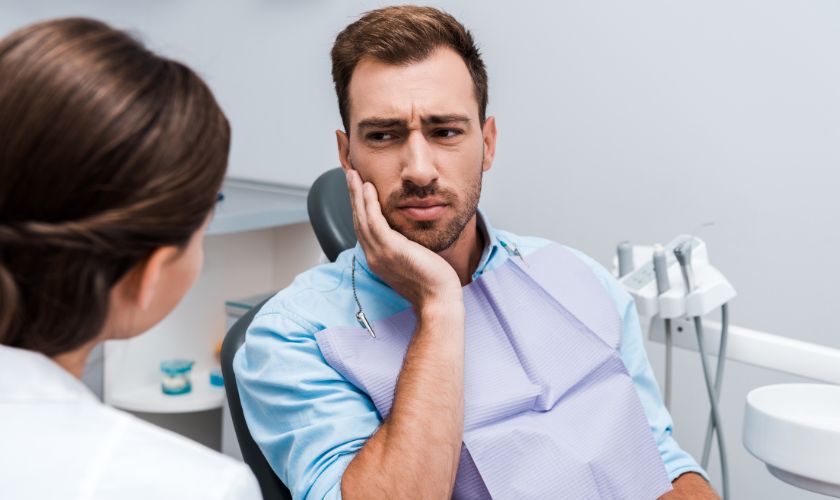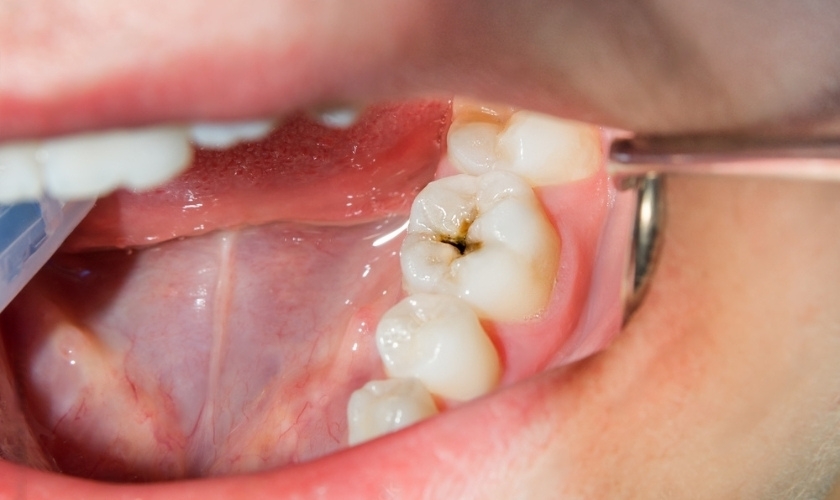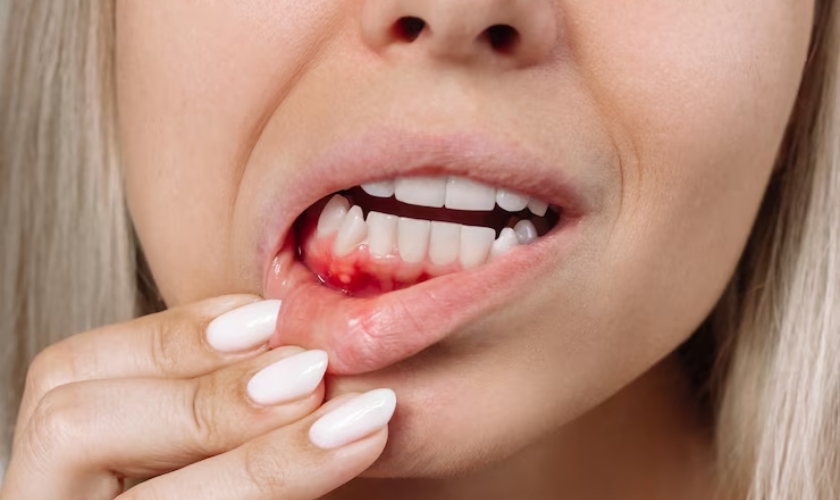
Emergency Dental Care: What to Do When Dental Issues Arise
A throbbing toothache, a chipped tooth after a fall, or a lost filling – dental emergencies can strike when you least expect them, leaving you in pain and confusion. While some dental issues can wait for a scheduled appointment, others require immediate attention to prevent further complications. This blog post will equip you with the knowledge to navigate a dental emergency, from identifying the situation to finding the right care.
Recognizing a Dental Emergency
Not every dental problem requires a trip to the emergency dentist. However, some situations require prompt attention to prevent further complications, minimize discomfort, and potentially save a tooth. Here are some key signs that it’s time to seek immediate professional help from an emergency dentist in Cincinnati, OH:
Severe and Persistent Toothache
A throbbing or sharp pain in your tooth that lingers for hours, even after taking over-the-counter pain relievers, is a red flag. This pain could indicate an infection (like pulpitis) or an abscessed tooth, which requires prompt treatment with antibiotics and possibly a root canal.
Knocked-out Tooth
Time is critical here! If a tooth gets knocked out due to an accident, act quickly. Here’s what to do:
– Rinse the tooth with milk (if available) or plain water to remove debris.
– Gently try to put the tooth back into its socket, positioning it in the correct direction. If repositioning isn’t possible, hold the tooth by the crown (the white part) and store it in milk.
– See an emergency dentist within 60 minutes for the best chance of saving the tooth. The dentist will attempt to re-implant the tooth in its socket.
Fractured or Chipped Tooth
A severely chipped or broken tooth can expose the inner pulp, which is highly sensitive and prone to infection. While minor chips might wait for a regular appointment, seek emergency care for the following reasons:
- Large pieces of the tooth are missing.
- The fracture causes sharp edges that irritate your tongue or cheek.
- You experience significant pain or sensitivity to hot and cold.
Persistent Bleeding
Minor bleeding after brushing or flossing occasionally might be normal, especially if you have gingivitis. However, uncontrolled or prolonged bleeding from the gums or after a bite is a cause for concern and requires a dentist’s evaluation to identify the underlying cause.
Swollen Face or Gums
Facial swelling, particularly near a tooth or your jaw, can indicate an infection that needs immediate attention. This swelling can be accompanied by pain, redness, and difficulty opening your mouth. Early intervention with antibiotics can help prevent the infection from spreading.
Loose Tooth (Adult)
Unlike baby teeth, adult teeth shouldn’t become loose on their own. This looseness could be a sign of gum disease, trauma, or an infection. Seeing an emergency dentist can help diagnose the cause and prevent tooth loss.
Dental Abscess
An abscess is a pus-filled infection at the root of a tooth. It can cause significant pain, swelling, and tenderness in the surrounding gums and jaw. You might also experience a bad taste in your mouth and even a fever. An abscess requires prompt treatment with antibiotics and drainage by an emergency dentist to prevent the infection from spreading to other parts of your face and body.
Taking Action During a Dental Emergency
If you’re facing a dental emergency, staying calm and taking the following steps can make a significant difference:
Contact Your Dental Team
Primary Point of Contact: Call your dentist in Cincinnati, OH. Many dental practices have emergency protocols in place and will make every effort to schedule you for an immediate appointment, potentially even shifting appointments around to accommodate your urgent needs.
Alternative Options: If your dentist is unavailable due to after-hours, weekends, or holidays, don’t hesitate to seek alternative care. Search online for “emergency dentist near me” or utilize resources like online dental directories. Local emergency rooms may also provide referrals to emergency dental services.
Address the Immediate Problem
Toothache
- Gentle Cleansing: Rinse your mouth thoroughly with warm saltwater. Use dental floss carefully to remove any food particles stuck between teeth that could be irritating the gum tissue and causing pain.
- Temporary Relief: Over-the-counter pain relievers like ibuprofen or acetaminophen might offer temporary relief. However, these medications only address the symptom (pain) and not the underlying cause of the toothache.
Knocked-out Tooth
- Locate and Rinse: Find the tooth and rinse it gently with water or milk. Never scrub the root surface, as this can damage delicate cells necessary for reattachment.
- Reimplantation (if possible): If you can carefully reposition the tooth back into its socket, do so. Hold it gently in place and rush to see an emergency dentist in Cincinnati, OH, immediately.
- Safekeeping: If reimplantation isn’t possible, store the tooth in milk. You can also hold it between your cheek and gum. Milk helps preserve the tooth by keeping the root cells hydrated. The faster you get to the dentist (ideally within 60 minutes), the better the chance of saving the tooth.
Bleeding & Swelling
For minor bleeding in the mouth, apply gentle but firm pressure to the area with a clean gauze pad or a clean tissue folded several times. Maintain pressure for 10-15 minutes or until the bleeding stops. To reduce inflammation and swelling, apply a cold compress to the outside of your cheek near the affected area. Wrap the compress in a thin towel to avoid direct skin contact with the ice pack, which can irritate.
Follow-up care is Essential.
Regardless of the specific dental emergency you experience, scheduling a follow-up appointment with your dentist as soon as possible is crucial. This allows your Cincinnati dentist to:
- Diagnose the Underlying Cause: A thorough examination will pinpoint the root cause of the problem.
- Develop a Treatment Plan: Based on the diagnosis, your dentist will recommend the most appropriate treatment course to address the issue and prevent future complications.
- Restore Oral Health: Through proper treatment, your dentist can restore your oral health and function, alleviating any discomfort you might be experiencing.
Preventing Dental Emergencies
Dental emergencies can be stressful and disruptive. Luckily, many of them can be prevented by prioritizing good oral hygiene habits. Here’s how you can take charge of your smile’s health and minimize the risk of unexpected dental issues:
Regular Dental Checkups and Cleanings
- Schedule biannual appointments: Aim for checkups and cleanings every six months. This allows your dentist to identify and address minor problems before they escalate into major emergencies. Early detection can save you time, money, and discomfort in the long run.
- Professional cleanings: Regular cleanings remove plaque and tartar buildup, which brushing and flossing alone can’t eliminate. This professional cleaning helps prevent cavities and gum disease, both major contributors to dental emergencies.
- X-rays and examinations: During checkups, your dentist may recommend X-rays to identify hidden cavities or potential issues with your jawbone or teeth roots. Early detection through X-rays allows for preventive treatment and reduces the risk of emergencies down the line.
Brushing and Flossing for Optimal Oral Hygiene
Brushing technique matters:
- Brush your teeth twice a day for two minutes each time, using a soft-bristled brush.
- Use gentle, circular motions to clean all surfaces of your teeth, including the gum line and back teeth.
- Remember to brush your tongue to remove bacteria that contribute to bad breath.
Flossing reaches the hidden corners: Flossing daily removes plaque and food particles from between your teeth, where brushing can’t reach. This helps prevent gum disease, a leading cause of tooth loss. There are different flossing techniques, so find one that works best for you, or your dentist can recommend a method.
Consider additional cleaning tools: Interdental brushes can be helpful for cleaning wider spaces between teeth. Also, tongue scrapers can further improve oral hygiene by removing bacteria from the tongue.
Maintain a Balanced Diet to Nourish Your Smile
Limit sugary treats: Sugary foods and drinks create an acidic environment in your mouth that promotes tooth decay. Reduce your intake of candy, soda, processed juices, and sugary snacks.
Choose healthy alternatives: Opt for water instead of sugary drinks. Snack on fruits, vegetables, nuts, and cheese, which are not only good for your overall health but also contribute to a healthy mouth.
Calcium and vitamins for strong teeth: Ensure a balanced diet rich in calcium and vitamins D and K, which are essential for maintaining strong teeth and bones.
Bonus Tips for Extra Protection
Wear a mouthguard: If you participate in contact sports or activities with a high risk of facial injury, wear a properly fitted mouthguard to protect your teeth from cracks, chips, or even knockouts.
Be mindful of bad habits: Avoid using your teeth for tasks like opening bottles or chewing on hard objects, which can cause cracks or fractures.
Don’t ignore signs of trouble: If you experience persistent toothaches, gum sensitivity, or bleeding gums, schedule a dental appointment promptly. Addressing these issues early can prevent them from developing into more serious problems.
Reacting promptly to dental emergencies is crucial to saving teeth, minimizing pain, and preventing complications. By familiarizing yourself with common emergencies and the steps to take, you can ensure you’re prepared for whatever situation arises. Remember, if you experience a dental emergency, contact your emergency dentist in Cincinnati, OH. They can assess the situation and provide the necessary treatment. Don’t hesitate to seek help – your oral health is worth it!





